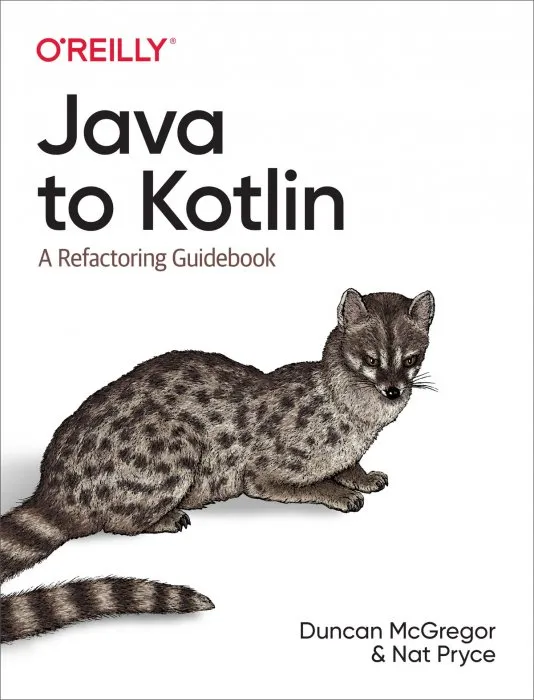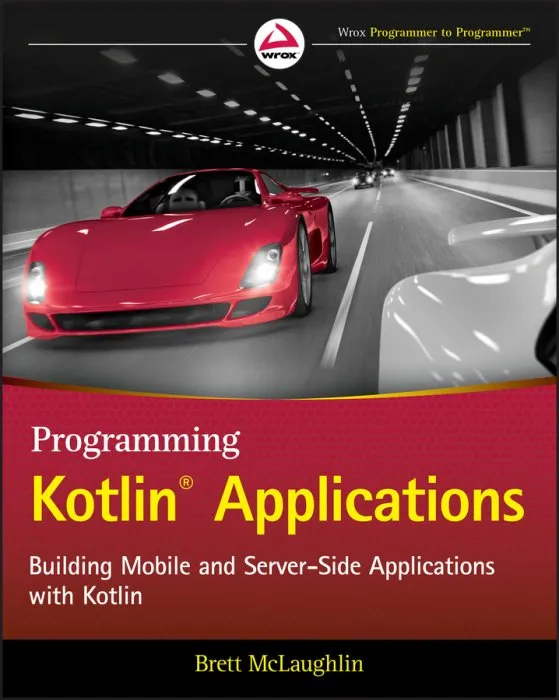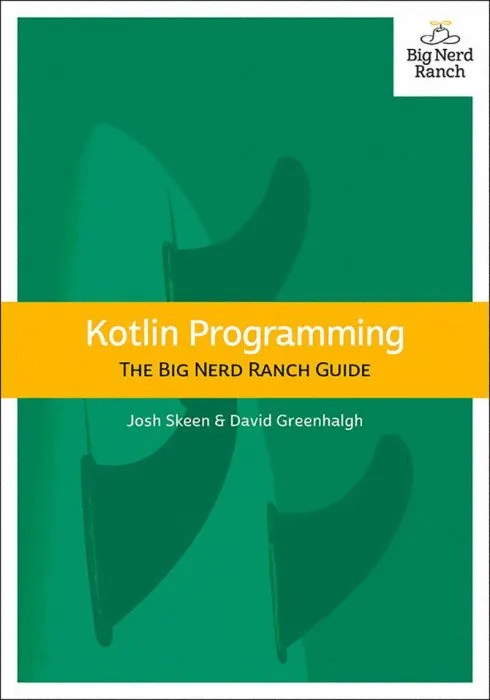Java to Kotlin: A Refactoring Guidebook

Date: September 7th, 2021
ISBN: 1492082279
Language: English
Number of pages: 424 pages
Format: EPUB
Add favorites
It takes a week to travel the 8,000 miles overland from Java to Kotlin. If you're an experienced Java developer who has tried the Kotlin language, you were probably productive in about the same time.
You'll have found that they do things differently in Kotlin, though. Nullability is important, collections are different, and classes are final by default. Kotlin is more functional, but what does that mean, and how should it change the way that you program? And what about all that Java code that you still have to support?
Your tour guides Duncan and Nat first made the trip in 2015, and they've since helped many teams and individuals follow in their footsteps. Travel with them as they break the route down into legs like Optional to Nullable, Beans to Values, and Open to Sealed Classes. Each explains a key concept and then shows how to refactor production Java to idiomatic Kotlin, gradually and safely, while maintaining interoperability.
The resulting code is simpler, more expressive, and easier to change. By the end of the journey, you'll be confident in refactoring Java to Kotlin, writing Kotlin from scratch, and managing a mixed language codebase as it evolves over time.
You'll have found that they do things differently in Kotlin, though. Nullability is important, collections are different, and classes are final by default. Kotlin is more functional, but what does that mean, and how should it change the way that you program? And what about all that Java code that you still have to support?
Your tour guides Duncan and Nat first made the trip in 2015, and they've since helped many teams and individuals follow in their footsteps. Travel with them as they break the route down into legs like Optional to Nullable, Beans to Values, and Open to Sealed Classes. Each explains a key concept and then shows how to refactor production Java to idiomatic Kotlin, gradually and safely, while maintaining interoperability.
The resulting code is simpler, more expressive, and easier to change. By the end of the journey, you'll be confident in refactoring Java to Kotlin, writing Kotlin from scratch, and managing a mixed language codebase as it evolves over time.
Download Java to Kotlin: A Refactoring Guidebook
Similar books
Information
Users of Guests are not allowed to comment this publication.
Users of Guests are not allowed to comment this publication.




